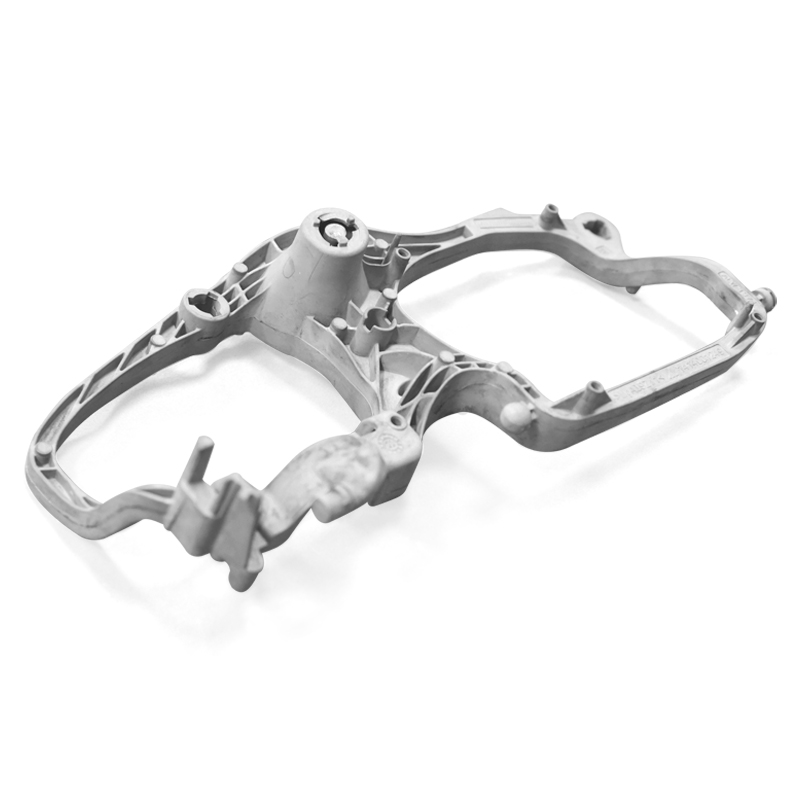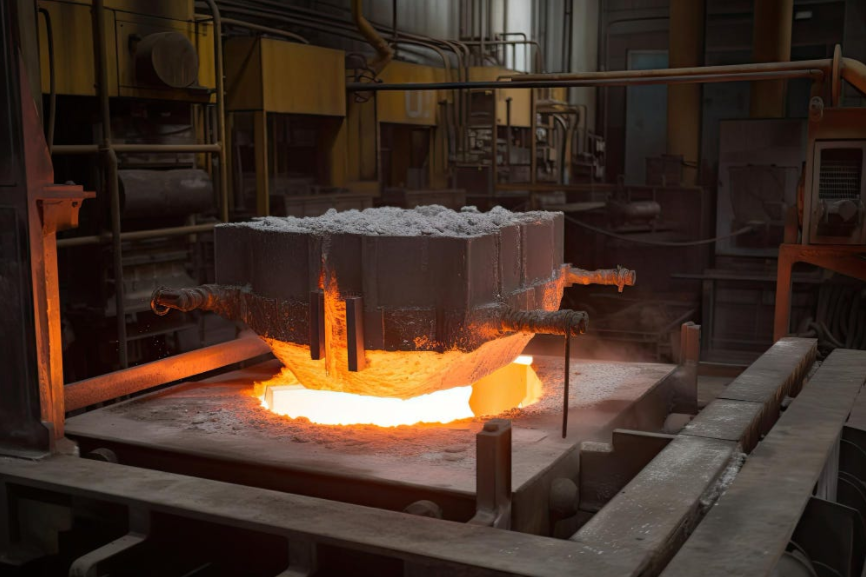Aluminum casting parts are precision-engineered components produced through the aluminum casting process. This process involves melting aluminum alloys and pouring the molten metal into molds to create intricate and complex shapes. Aluminum casting parts offer exceptional versatility and durability, making them suitable for various applications across industries such as automotive, aerospace, electronics, and machinery. They exhibit excellent strength-to-weight ratios, corrosion resistance, and thermal conductivity, contributing to the efficiency and performance of diverse products and systems.
The Process of Prototype Manufacturing
Prototype manufacturing is a crucial step in product development, allowing engineers and designers to test and refine their concepts before full-scale production. The process involves creating a functional model or prototype of the final product using materials and processes that closely resemble the intended production method. In the case of aluminum casting parts, a prototype is created using the same casting process and materials as the final product. This ensures that the prototype accurately represents the design and properties of the aluminum casting parts.
Benefits of Prototype Manufacturing
Prototype manufacturing offers numerous benefits, including:
Design Validation: Prototypes allow engineers and designers to validate their design concepts and identify any flaws or issues early in the development process. This helps to reduce costly design changes during full-scale production.
Faster Development: Creating a prototype accelerates the product development timeline. It enables rapid testing, adjustments, and improvements, leading to faster time-to-market for the final product.
Cost Savings: Identifying and resolving design issues at the prototyping stage can save significant costs by avoiding expensive changes during mass production.
Improved Communication: Prototypes provide a tangible representation of the product that aids in communication with stakeholders, investors, and potential customers.
Functional Testing: Prototypes allow for functional testing, ensuring that the aluminum casting parts meet the intended performance and quality standards.
Material Selection: Prototype manufacturing helps in selecting the most suitable materials for the final product, considering factors such as mechanical properties, weight, and cost.
Process Optimization: By manufacturing prototypes using the intended production process, engineers can optimize the manufacturing process for efficiency and quality.
Applications of Aluminum Casting Parts
Aluminum casting parts find applications in various industries due to their exceptional properties. Some common applications include:
Automotive: Aluminum casting parts are widely used in the automotive industry for engine components, transmission housings, and structural parts, thanks to their lightweight and high strength.
Aerospace: In the aerospace sector, aluminum casting parts are used for aircraft components, such as wing frames and engine mounts, offering weight reduction and improved fuel efficiency.
Electronics: Aluminum casting parts are used in electronics for heat sinks and enclosures due to their excellent thermal conductivity and electromagnetic shielding properties.
Machinery and Equipment: The machinery and equipment industry benefits from aluminum casting parts in the form of gearboxes, pump housings, and other critical components.
Renewable Energy: In renewable energy systems like wind turbines and solar power installations, aluminum casting parts contribute to lightweight and durable structures.

Conclusion
Aluminum casting parts play a pivotal role in various industries, thanks to their exceptional properties and versatility. Prototype manufacturing is a vital stage in product development, offering benefits such as design validation, cost savings, and improved time-to-market. By leveraging the advantages of aluminum casting parts and prototype manufacturing, businesses can create high-quality products that meet industry demands and excel in performance and reliability.
-

- Parti e componenti pressofusi in lega di magnesio per e-bike
-

- 2022 Vendita Calda All'ingrosso Parti Di Biciclette In Lega Di Magnesio Bici Per Bambini Nessun Pedale Bilanciamento Bicicletta Bambini Più Colori Disponibili
-

- Pressofusione in lega di mangensio Tixostampaggio di parti metalliche
-

- OEM high pressure die casting magnesium alloy wheel for e-bike
-

- Pressofusione in lega di magnesio Ricambi auto Paraurti anteriore Fascio anticollisione
-

- Il produttore di pressofusione OEM produce cruscotti automatici in lega di magnesio

 0086-750-5616188
0086-750-5616188 +86 13392089688
+86 13392089688 sales@zhongmei-tech.com
sales@zhongmei-tech.com







